
BUSINESS
Weekend parties gone, weddings postponed, Maharashtra hotels prepare for the lockdown
Hotels depend on food and beverage revenue to the extent of 40-50 percent, while rooms account for 25-30 percent of revenue and the balance comes from meetings, incentives conferences and exhibitions (MICE) and other events. The lockdown takes away the bulk of the revenue, especially corporate business, as office parties and celebratory events are usually held on weekends.
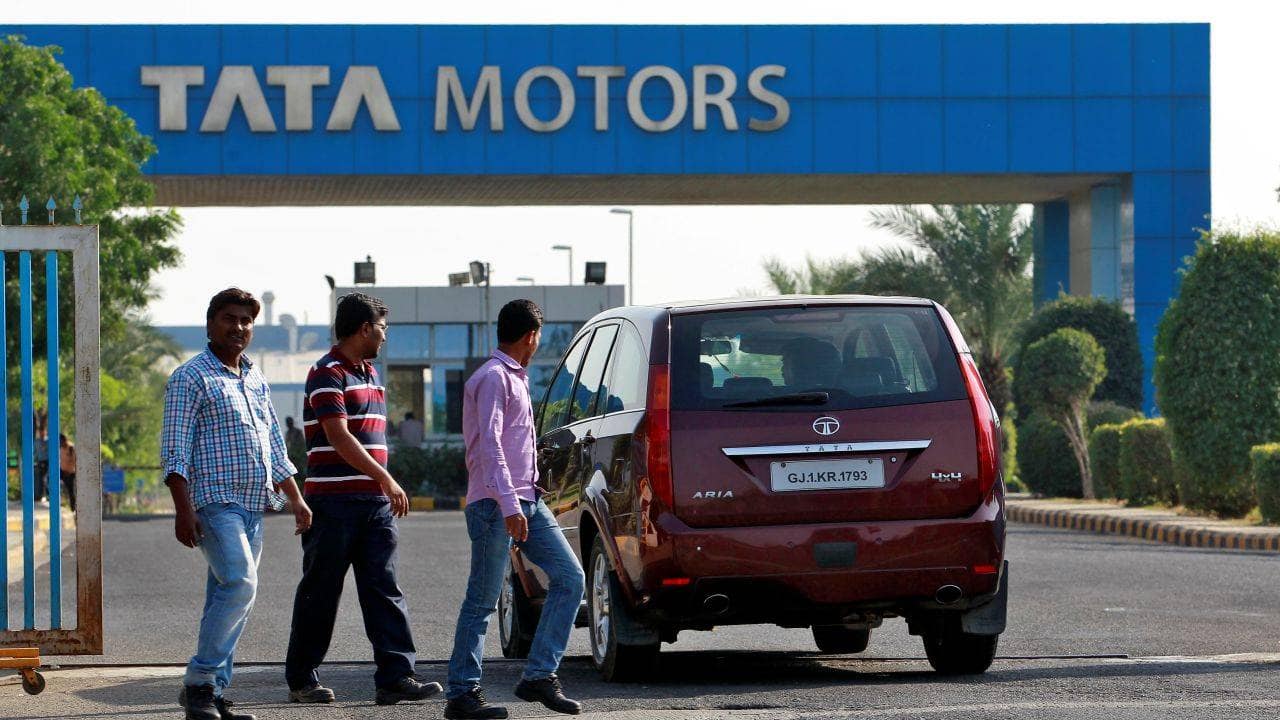
BUSINESS
Automakers double down in Covid-19 fight to keep plants rolling
Companies are working hard to ensure employee safety, especially with plants operating at peak capacity to meet robust demand. Last month, passenger vehicle sales shot up 126%, preceded by 24% growth in February and 25% growth in January. There has been no impact on production as factory workers are able to travel to their units and report for duty
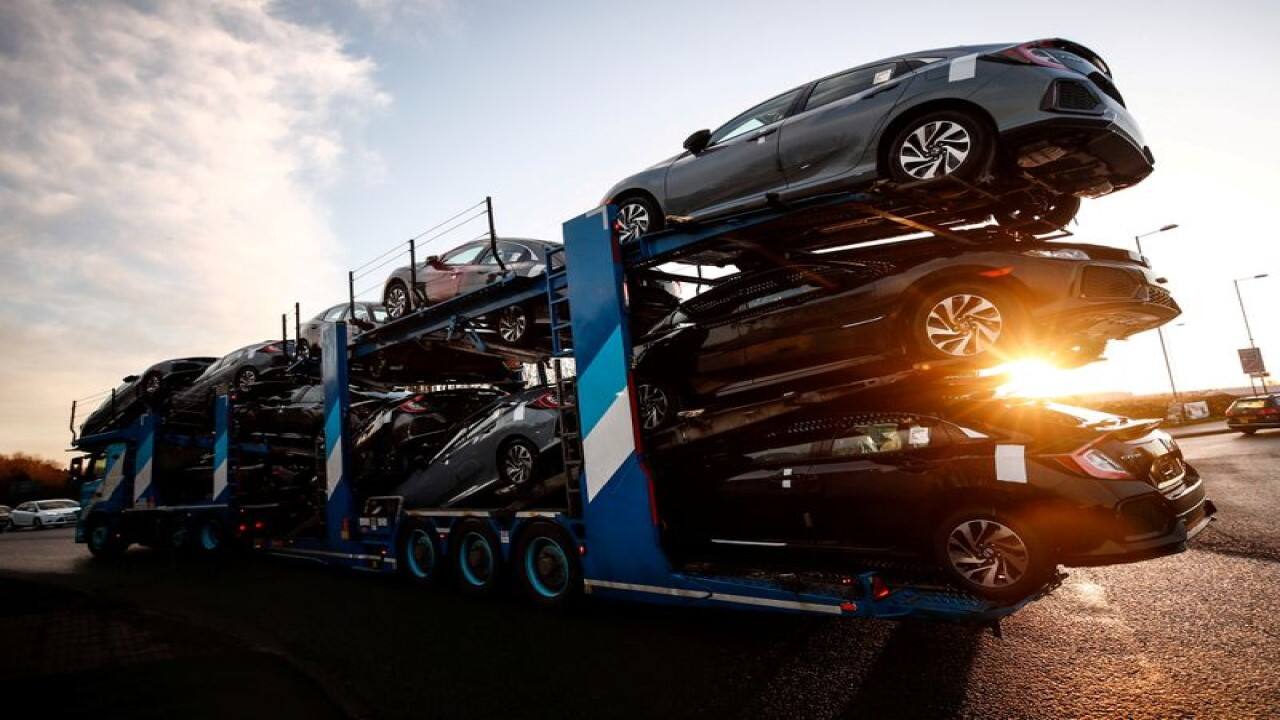
BUSINESS
Auto dealers brace for Lockdown 2.0 as Maharashtra battles with COVID-19 surge
Partial lockdown will hit retail demand; weekend auto deals account for 40 percent of the sales and 45 percent of the walk-ins

BUSINESS
Here’s how to get a learner’s driving licence under the new rules
This new process eliminates the need for applicants to physically visit RTOs. Applicants will have to take a tutorial on safe driving online within a week. The Ministry of Road Transport and Highways has also said that the Central Government will notify and maintain a portal, the National Register of Driving Licences, which will serve as a repository with details on every licence issued and renewed in the country.

BUSINESS
This week in Auto: Auto makers hike prices again, Honda launches new bikes, the upward spike in auto sales, and more
Here is a brief of all the important news development that happened during the week in the auto space

BUSINESS
We are keen on EVs and hybrids, but want more clarity on tax: Gurpratap Boparai, MD, Skoda Auto Volkswagen India
In an interview with Moneycontrol, Gurpratap Boparai, Managing Director, Skoda Auto Volkswagen India, shared his views on India's tax structure on cars, the future of older models such as the Polo and Vento and electric and hybrid vehicles. Edited excerpts.

BUSINESS
Auto companies set to hike prices of cars, bikes, for second time in four months
Spiraling domestic steel and aluminum prices force manufacturers’ hands; the latest increase might not deflate the demand surge, say market watchers
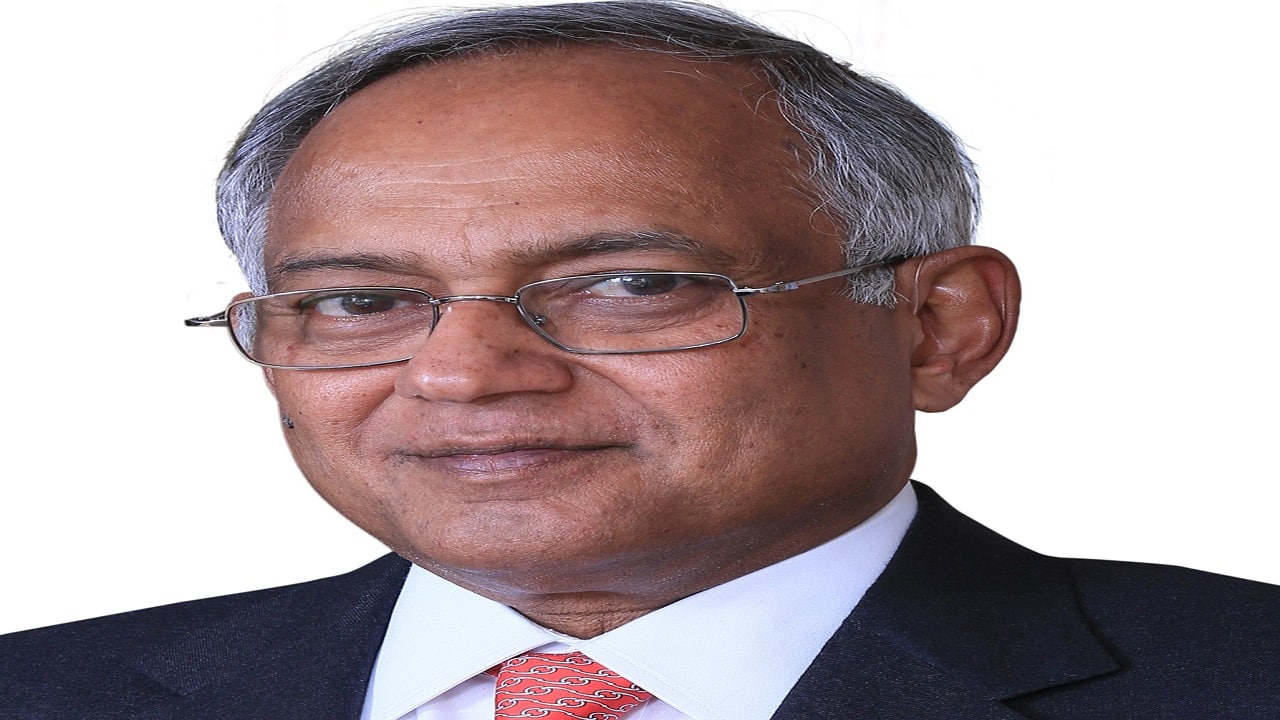
BUSINESS
Venu Srinivasan: The man who took TVS from mopeds to BMW
We profile the TVS Motor Chairman, who announced last week that he would step down in 2023 and hand the reins over to former Jaguar Land Rover CEO Ralf Speth. Accolades have poured in for Srinivasan, who transformed the company that was once known only for making the simple 50-cc moped.
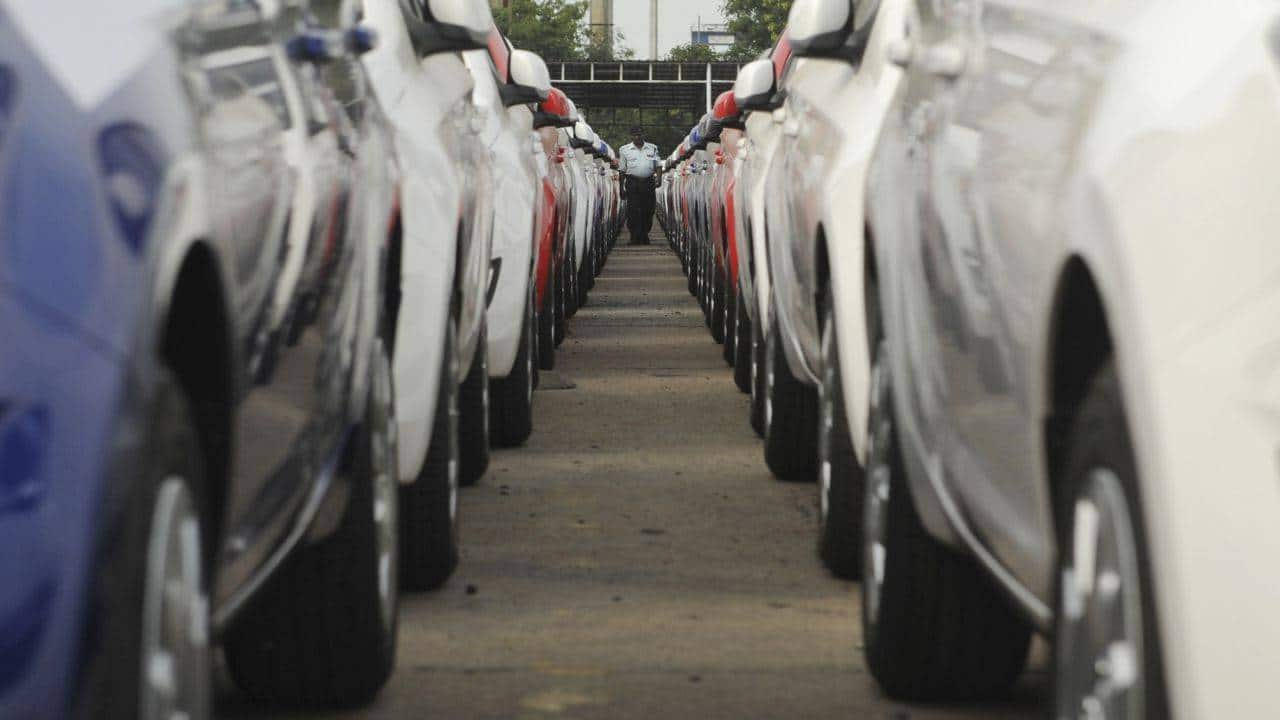
BUSINESS
This Week in Auto | TVS chairman to step down; Jaguar I-Pace launched; no change in emission norms deadline and more
Take a look at what made headlines in the automotive space this week.
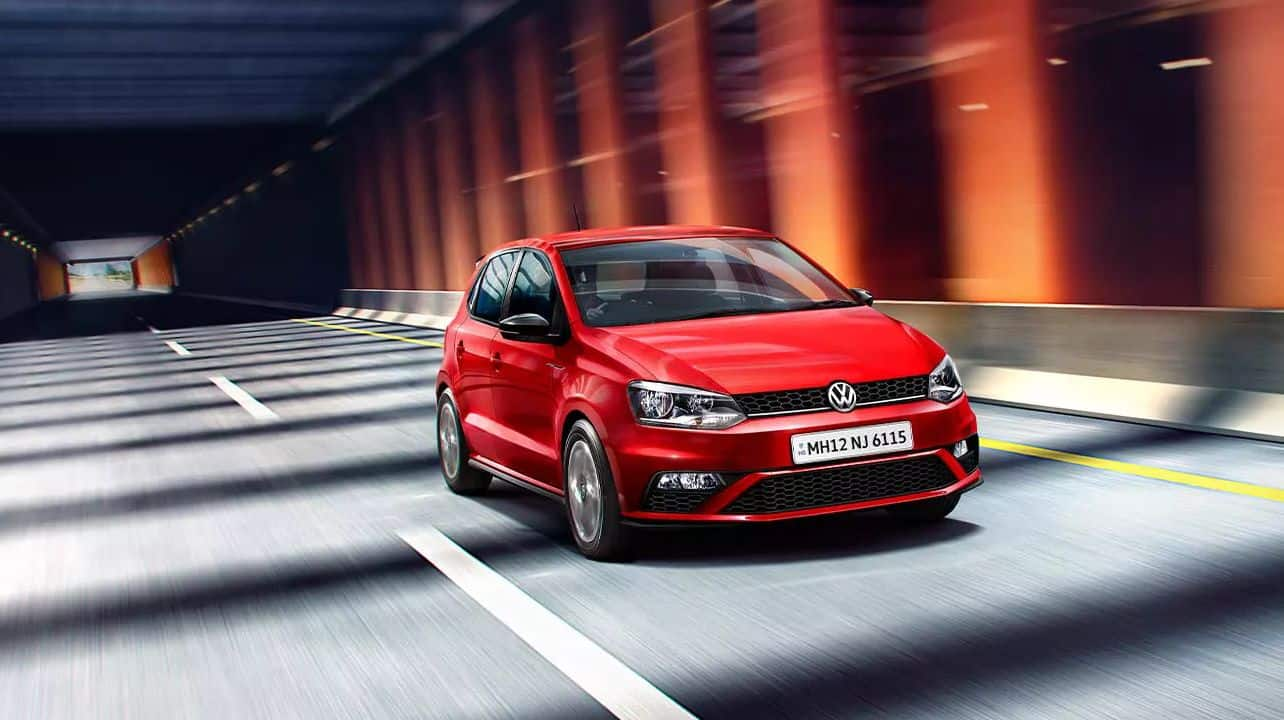
BUSINESS
Volkswagen's India reboot plans don't include a hatchback. Here's why
German giant hopes that the government will relook the definition of small cars and pave the way for a level playing field for all automakers; wants changes in the Sub 4-metre regulation that offers lower duty

BUSINESS
Here’s why Suzuki Motorcycle may have to invest in new capacity soon
With demand outstripping supply, the company’s existing plant is already being pushed beyond the limits. Suzuki’s Gurugram-based plant has an installed annual capacity of 750,000 units; however, based on its February production rate, the facility is operating at 116 percent utilisation level.

BUSINESS
Volkswagen Taigun to debut in festive season, take on Hyundai Creta
Built on a localised version of the MQBA0 platform the Taigun is first of the many launches VW has lined up for India using the common platform

BUSINESS
Will Llistosella’s sudden refusal to lead Tata Motors hurt the company?
The last time when Tata Motors faced a leadership vacuum, it lost market share. Llistosella’s abrupt rejection of the top job comes at a time when Tata Motors is on a smooth ride, with its shares being among the top performers in the Nifty index this year.
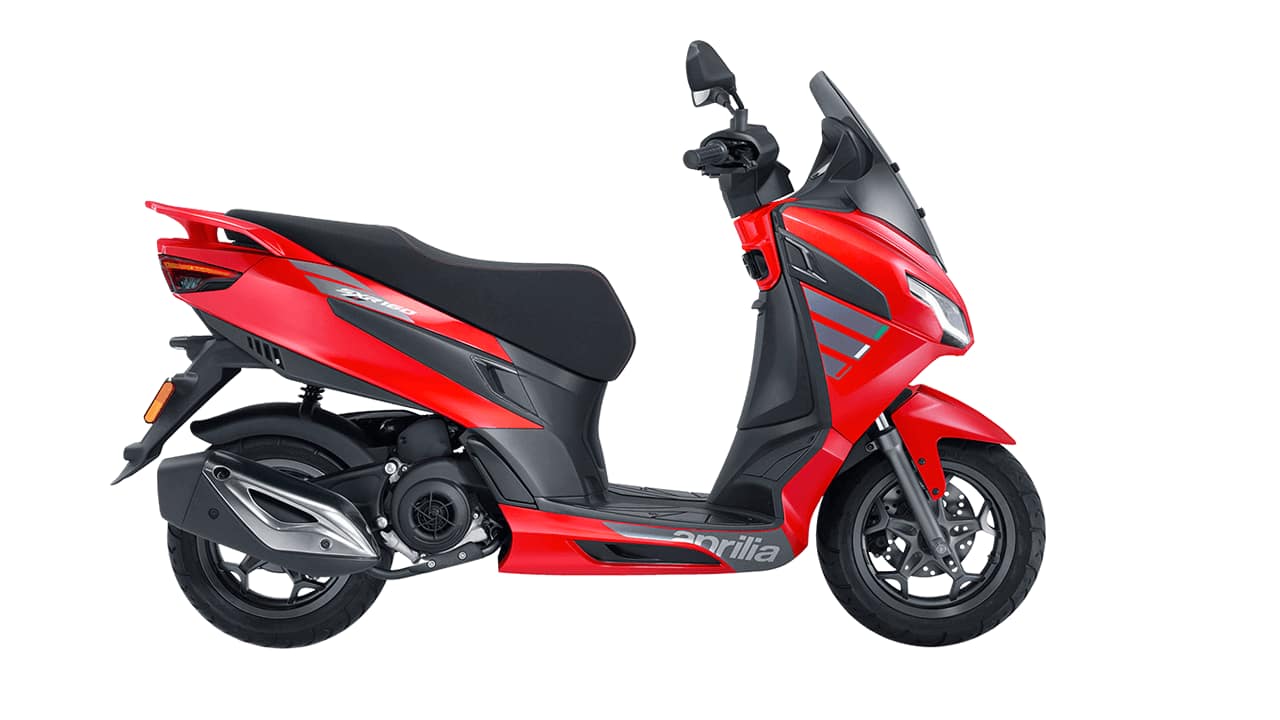
BUSINESS
Piaggio could consider getting an electric Aprilia scooter to India
Though plans of launching the battery powered scooter in India is under investigation, its maker has kept the option open for bringing in an electric Aprilia too
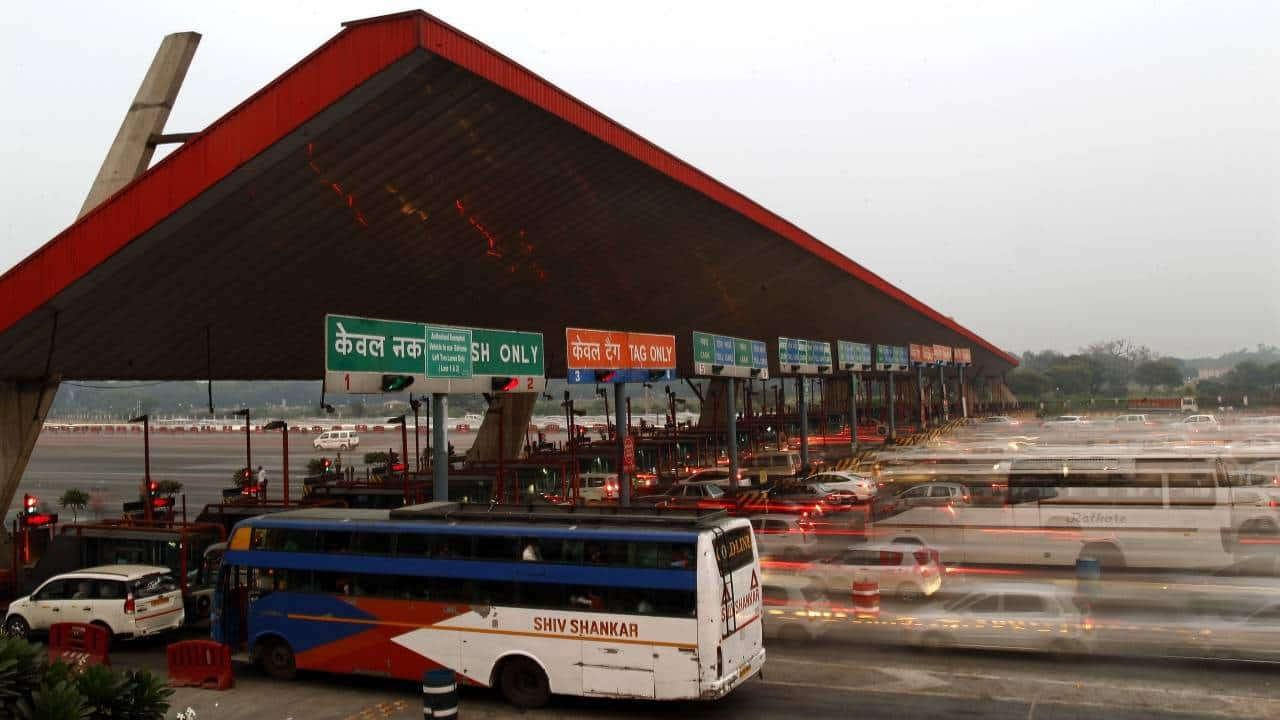
BUSINESS
This week in Auto: New Tata Motors CEO won’t join Co; Scrappage incentive scheme rolled out; No toll booths anywhere in 1 year
Here's what made headlines in the automotive space this week.

BUSINESS
Auto scrappage incentive scheme: Stakeholders look at it with optimism and doubt
In the absence of any official data, the actual number of vehicles eligible for scrapping is not clear. Also, there is no clarity on whether the government will reimburse the discount of 4-6 percent on the ex-showroom price of the vehicle against a scrappage certificate.
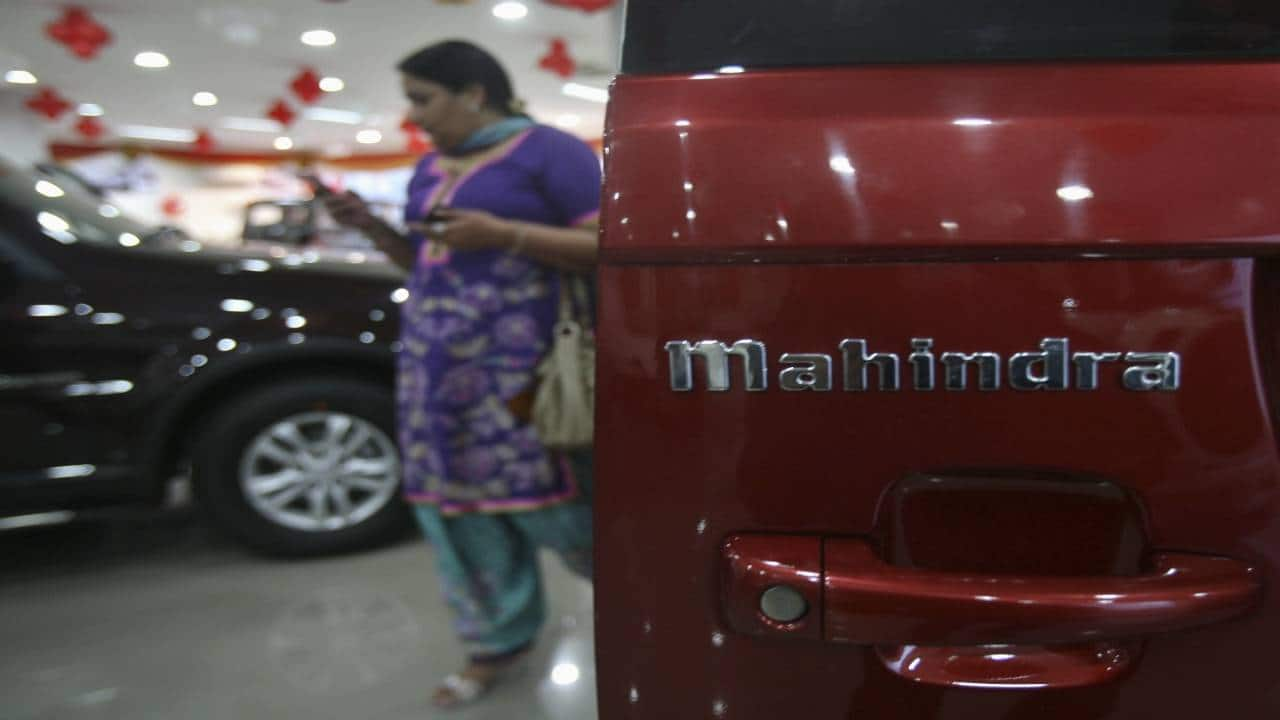
BUSINESS
Hike in vehicle registration renewal may not lead to jump in new vehicle demand
The number of vehicles impacted is negligible. Government estimates indicate that there are around 3.4 million light motor vehicles that are older than 15 years and 5.1 million motor vehicles that are older than 20 years. The government’s focus could be on the old trucks and buses among these, as they are widely considered to be more 10-25 times more polluting than modern automobiles.
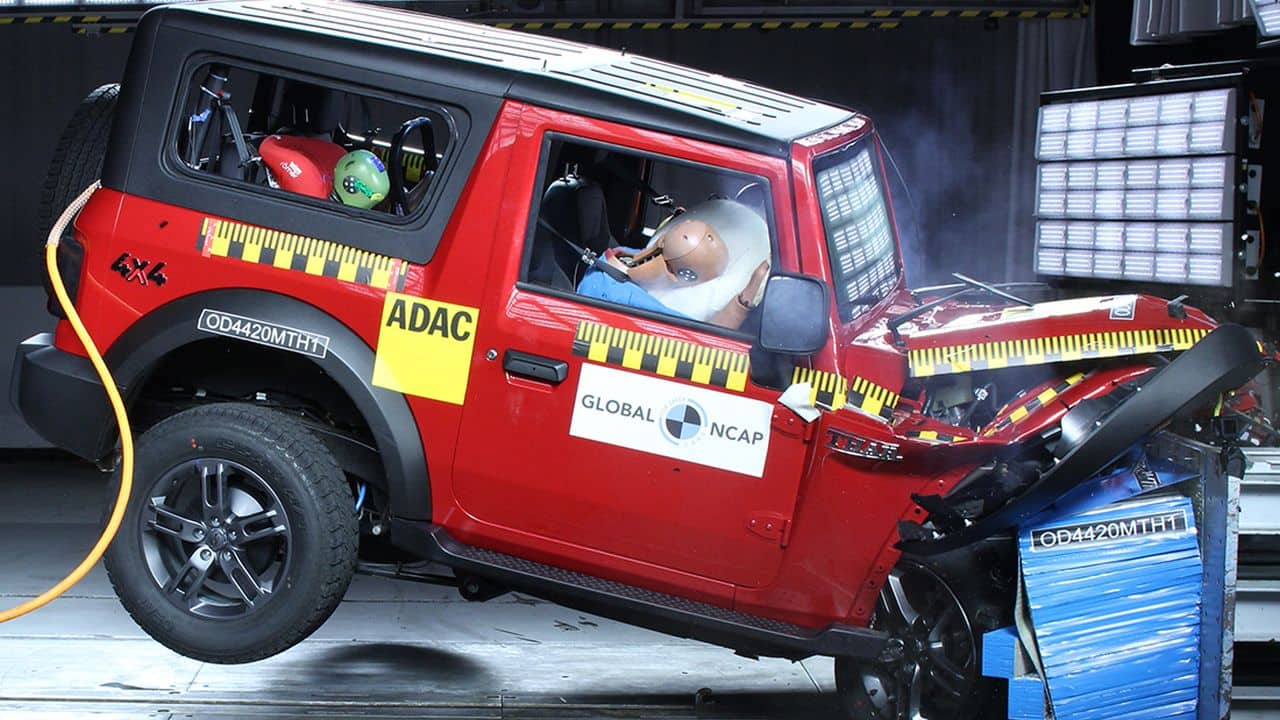
BUSINESS
Faulty airbag, oil leakage, engine stalling - Auto recalls hit four year high in 2020
Though India is the fourth largest automotive market in the world, the country lacks an official, government-defined and mandated vehicle recall policy, unlike some Europe nations, the US and China, which have strict laws governing vehicle recalls

BUSINESS
Explained: Why do automobile makers and their dealers regularly provide different sales numbers every month?
Automobile manufacturers and their dealers generally report a different set of sales numbers every month. There are issues with both the numbers but sales by dealers to end-users give a better picture of the actual demand and the market share of suppliers.
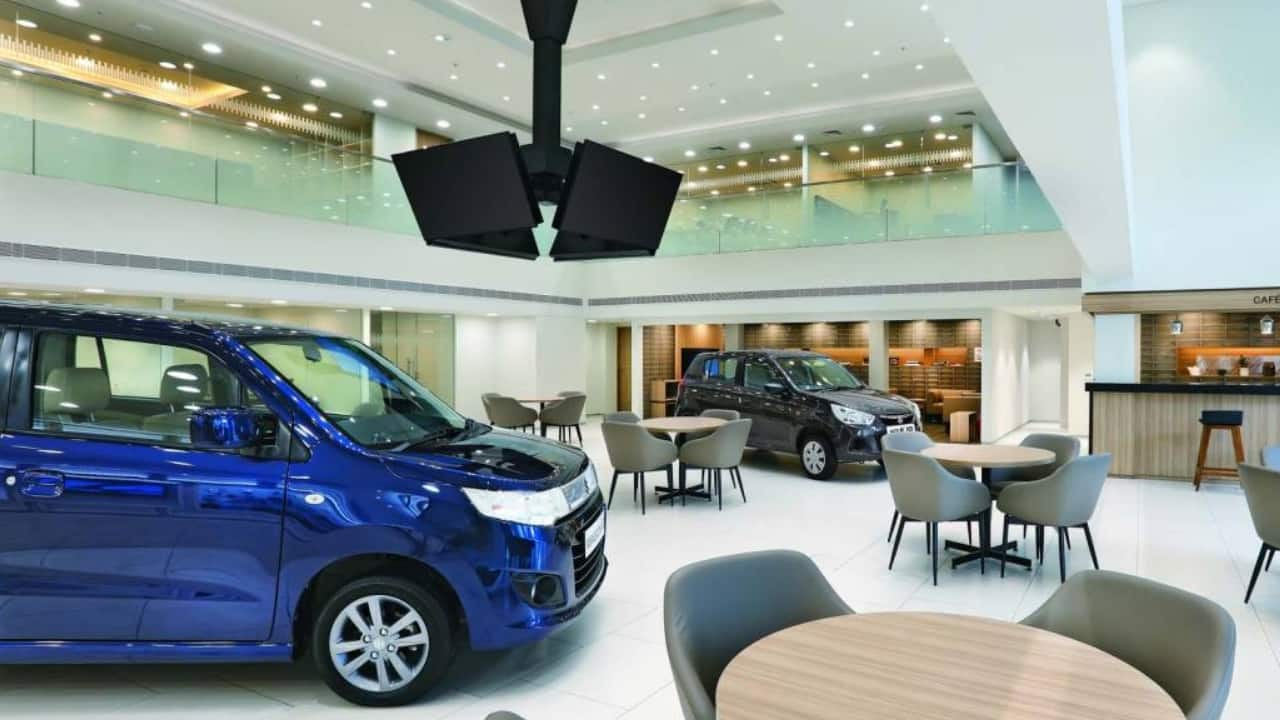
BUSINESS
This week in Auto: Tata Nexon EV gets HC relief; Auto sales grow 205 in Feb; Misplaced auto fuel strategies?
Here is a complete look at what made headlines in the auto space during the week
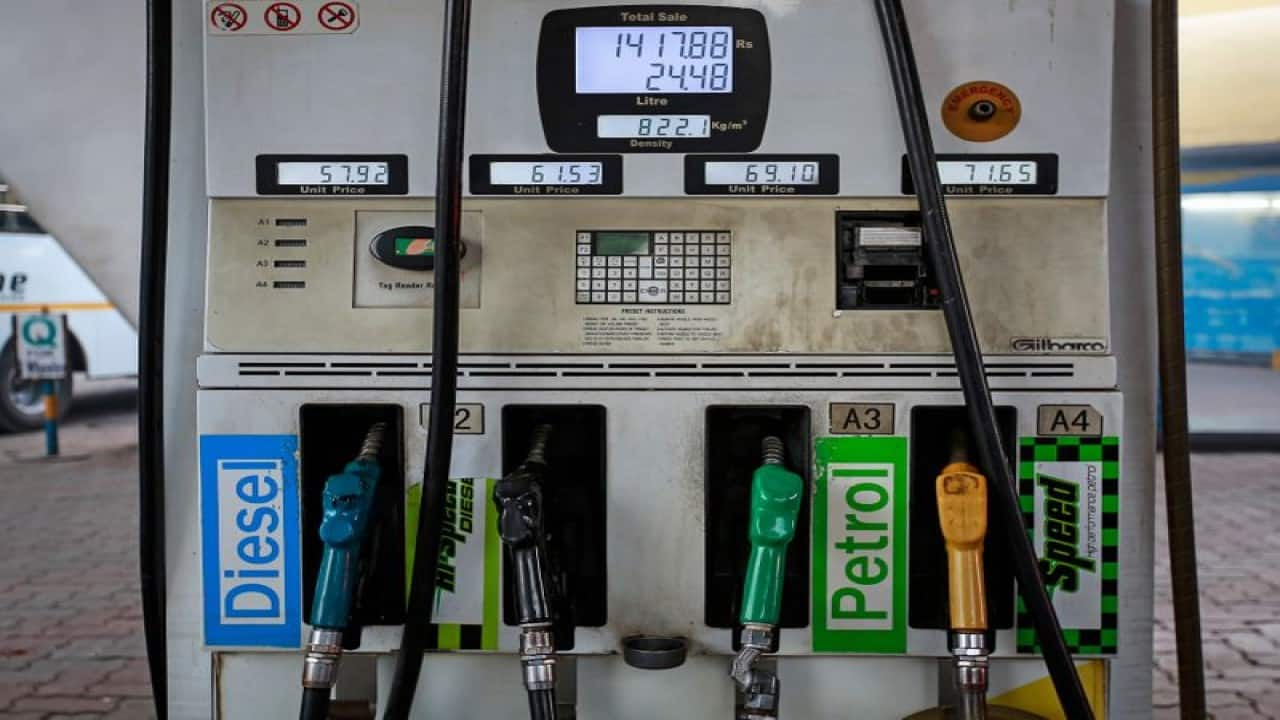
BUSINESS
Ethanol blending to E20: Automakers fear additional cost, fall in mileage in existing cars
Auto companies are calling for two separate tanks at petrol stations because existing vehicles will be running for at least another 10 years and should ideally continue to run on petrol with E10 — 10% ethanol. E20 fuel in an E10 vehicle, they say, could erode parts, which could prove to be a safety issue as the ethanol could lead to corrosion in the fuel lines of vehicles

BUSINESS
Women’s day 2021 | Auto companies give the day a miss
Only Hero MotoCorp has rolled out offers for Women’s Day. Estimates indicate women buyers account for 25-30 percent of scooter sales. With sales of passenger vehicles roaring, and women accounting for only 10 percent of those sales, other companies have not been as enthusiastic in their promotions

BUSINESS
This week in Auto: Delhi Govt withdraws subsidy; No more visits to RTO; India woos Elon Musk for Tesla factory and more
Here is what made headlines during the week

BUSINESS
It’s been 10 years without profits; time we changed that: Renault India MD
Under its five-year ‘Renaulution’ programme, the French carmakerwill scale up its brand image globally, and shift focus to larger, more premium (C and D segment) and fully electric cars that will bring in better margins. The French carmaker hopes to make all local units profitable by 2023 with India also being part of this plan.








